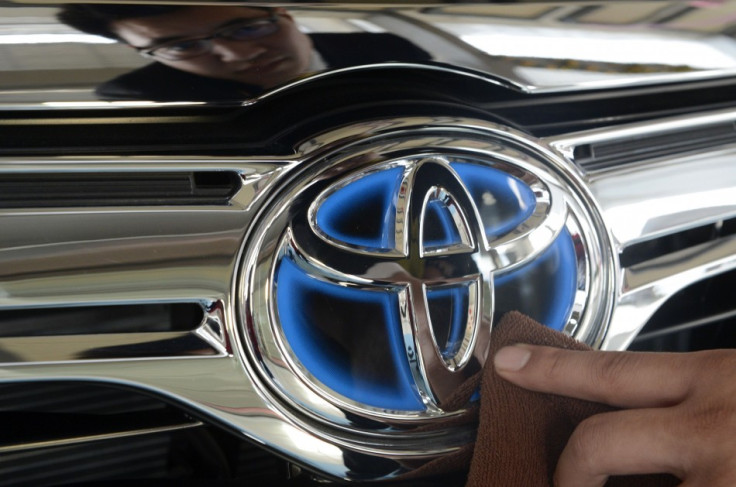Japanese Cars sales plummet in Island row with China
Firms also hit by Japanese government withdrawing subsidy

Major Japanese automobile firms have posted a drop in China sales for the second continuous month, following anti-Japanese sentiments in the world's second largest economy.
The Japanese publication, Asahi Shimbun, reports that Nissan, Toyota and Honda have posted a year-on-year decline of 40.7, 44.1 and 53.5 percent in China sales in October.
The disappointing performance followed similar reports the previous month. In September, Toyota's China sales dropped 48.9 percent, while those of Nissan and Honda were down 35.3 and 40.5 percent.
Japanese companies in China have been hit following the territorial dispute between the two countries after Japan bought the Senkaku islands over which China claims sovereignty.
The dispute had resulted in the rejection of Japanese goods in China. Major Japanese firms were also forced to suspend their operations in the country over safety concerns for their employees.
Analysts expect the companies to post a decline in China sales for the fiscal year.
Toyota had predicted a sales target of one million cars in China before the dispute. Speaking to Asahi Shimbun, a Toyota representative said the company may no longer achieve that target.
"It will be difficult to achieve the target," the representative said.
The total sales of Nissan were approximately 0.4 percent lower year-on-year in the 10 months ending October, while those of Toyota were down 1.1 percent. However, Honda sales had gained around 2.7 percent during the period.
Honda has already slashed its sales target for the fiscal year from 750,000 to 620,000. Reports also suggest that Nissan's annual Chinese sales figures will be lower than the 1.25 million recorded in 2011.
The Japanese automobile industry has also been hit by recent government policy changes. By late September, the Japanese government had pulled the plug on subsidies for fuel-efficient cars, leading to a drop in consumer demand.
© Copyright IBTimes 2024. All rights reserved.





